Cats and dogs might both rule the internet, but in the mind of a cat, there’s no contest.
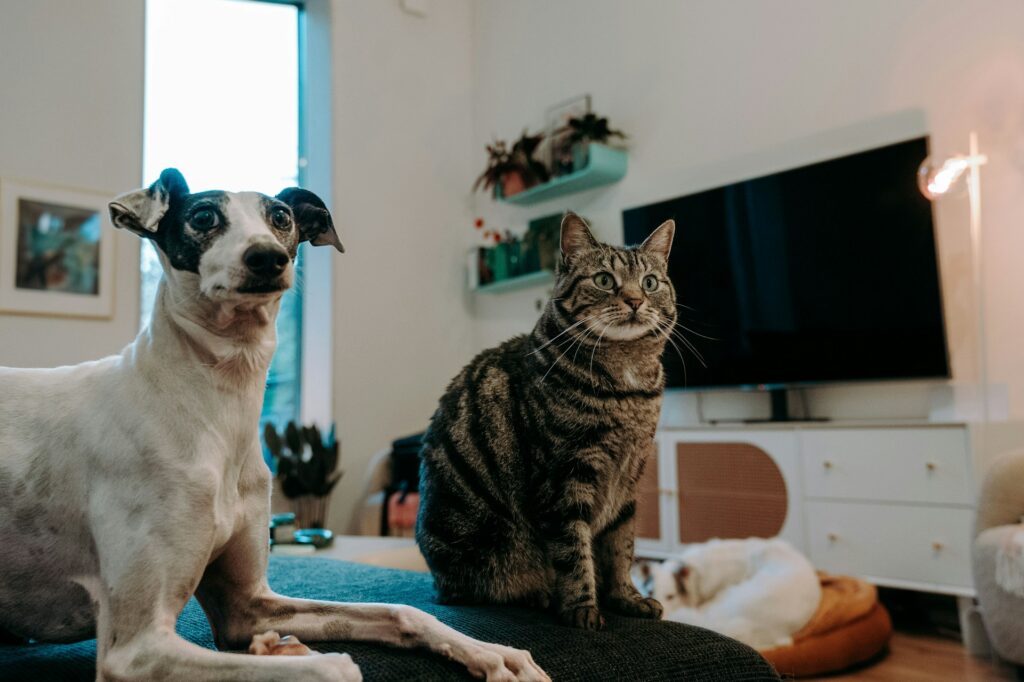
While dogs aim to please, cats carry themselves with the quiet confidence of a creature that knows it was once worshipped – and probably should be again. They don’t look for validation, they assume they already have it. Whether they’re turning their nose up at a treat or claiming the comfiest seat in the house, cats act like the superior species, and they do it without apology or second guessing. Here’s why cats are convinced they’re better than dogs—and to be fair, they might have a point.
They don’t beg. They expect.

Cats don’t do grovelling. If they want something, they stare you down until you get the message. They’ll position themselves near the cupboard, sit on your laptop, or bat a paw at your sleeve until you catch on. They’re not asking. They’re reminding you of your responsibilities. Dogs might jump, whine, wag, and make a full theatrical production out of their request. Cats simply wait for you to get with the programme, and if you don’t, they move on—not out of sadness, but with a sense that your failure to serve them is your loss, not theirs.
They groom like royalty.
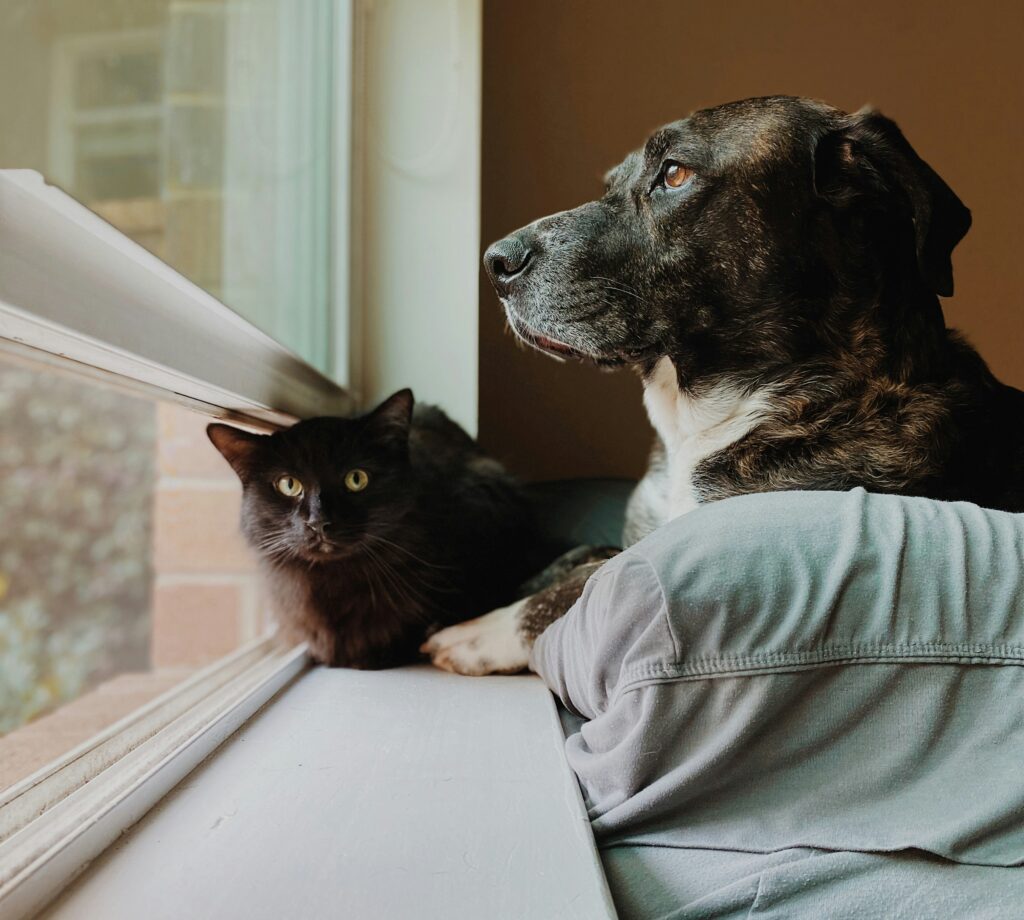
Cleanliness is a matter of pride. Cats spend hours meticulously grooming themselves, ensuring every inch of fur is clean, sleek, and in place. It’s not about vanity. It’s about standards. They don’t roll in mud, sniff each other’s behinds, or turn into slobbering messes. They expect their environment to match their level of cleanliness too—tidy, calm, and just the right temperature. Dogs, meanwhile, seem to look for puddles and the smelliest corners of the garden like they’re personal spas. It’s not that cats look down on dogs for it, but they definitely judge them.
They’re independent to a fault.
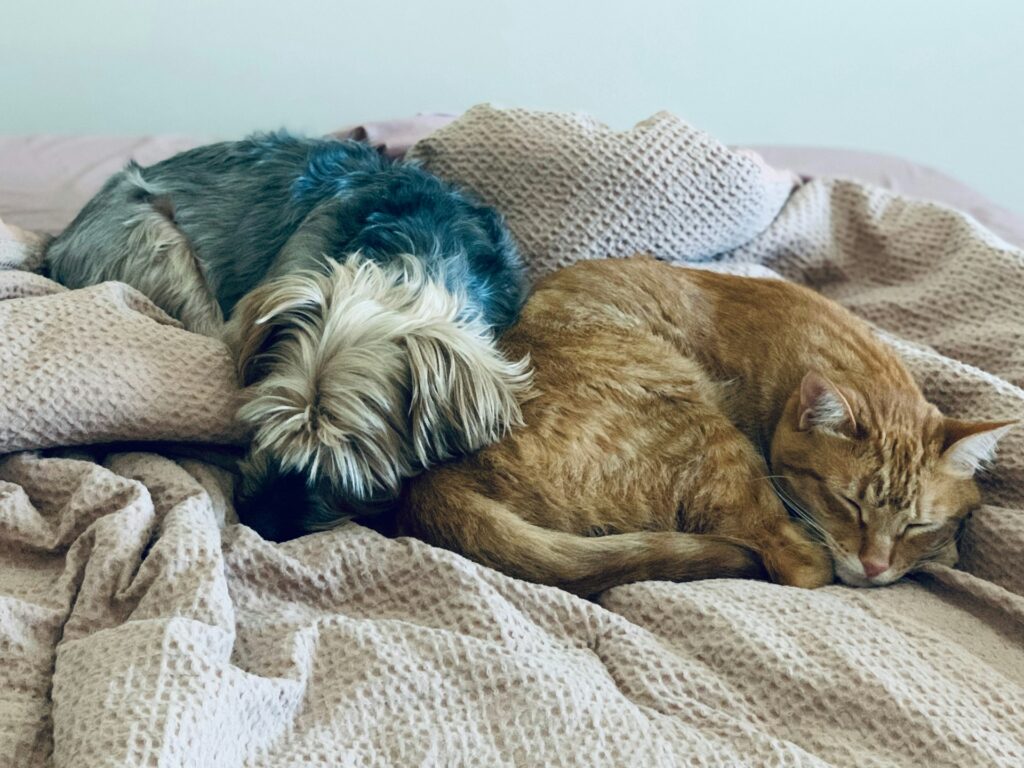
Cats don’t need constant company or attention to feel secure. They won’t shadow you from room to room or panic if you leave the house for a few hours. They come to you when they feel like it, and when they do, the attention feels earned. They make solitude look chic. Dogs thrive on approval and presence. Cats treat your presence as optional—nice when it happens, but not necessary for their identity. If anything, they act like you’re the needy one.
They master the art of the silent protest.
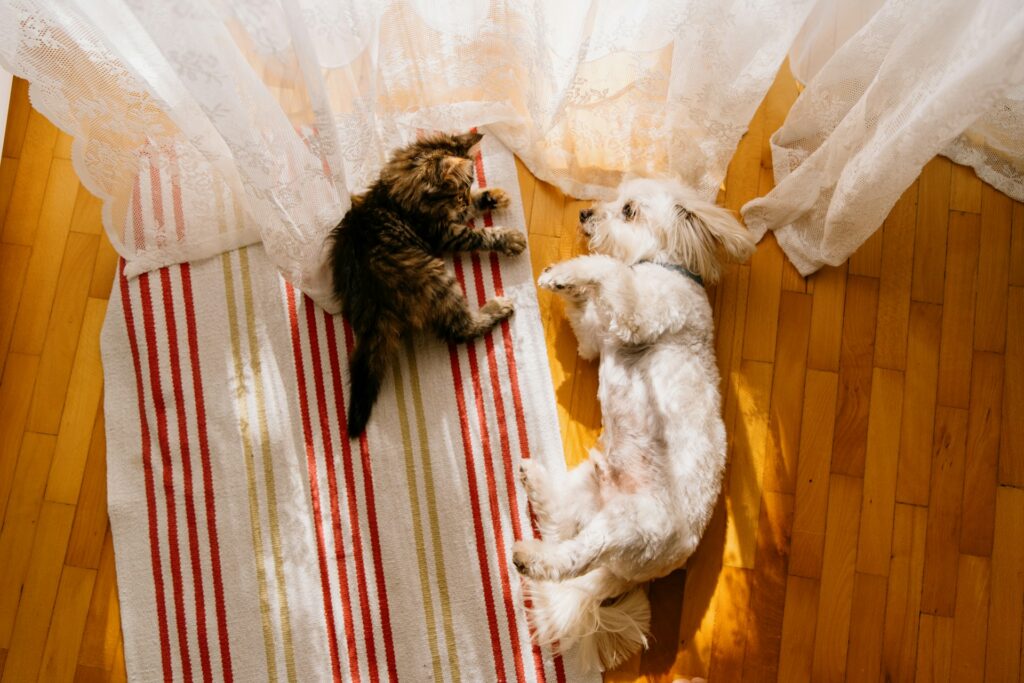
When a cat is displeased, you won’t hear a bark or a wail. Instead, you’ll notice a toppled plant, a precise and deliberate push of your glass off the edge of the table, or a refusal to look at you for several hours. They don’t throw tantrums. They curate them. Their displeasure is subtle but effective. It makes you question your choices. Dogs are loud and immediate when something’s wrong. Cats take a more strategic route, equal parts psychological warfare and performance art.
They don’t do blind loyalty.
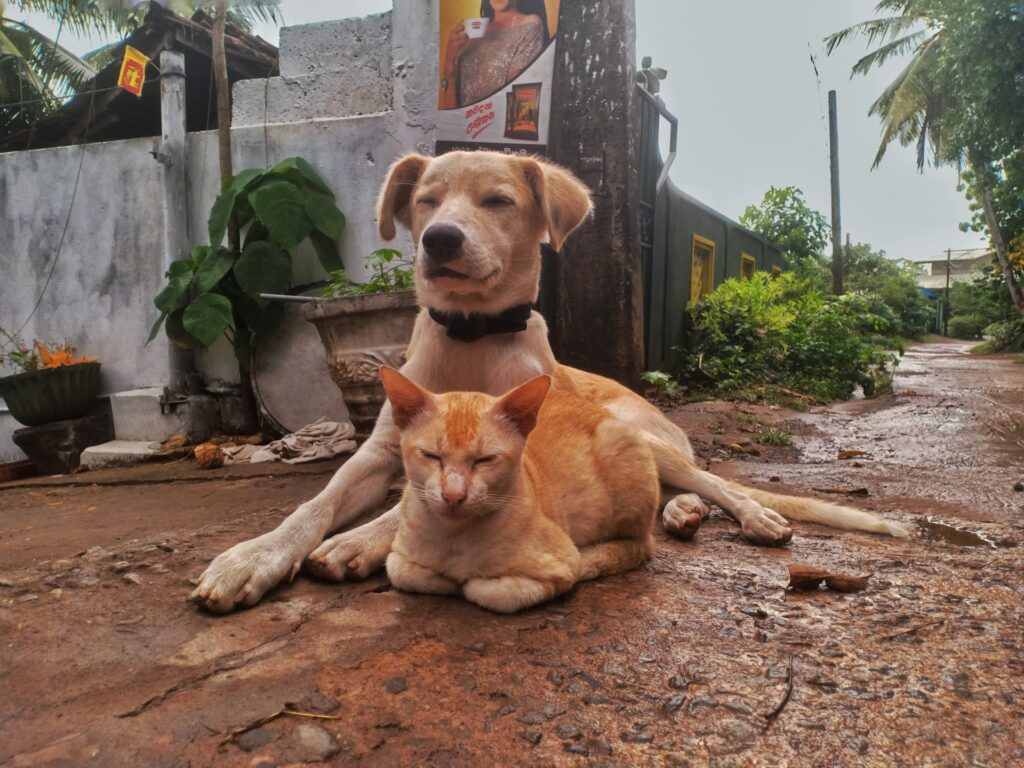
Cats love, but they don’t follow blindly. They choose their people carefully. If a cat trusts you, it’s because you’ve earned it over time. They don’t shower everyone with affection indiscriminately. Their loyalty is a rare gift, not a given. Dogs will wag their tail for just about anyone with a snack or a friendly tone. Cats reserve their affection for those who meet their standards, and even then, they might keep you guessing. There’s no clinginess, only selective closeness.
They’re masters of comfort.
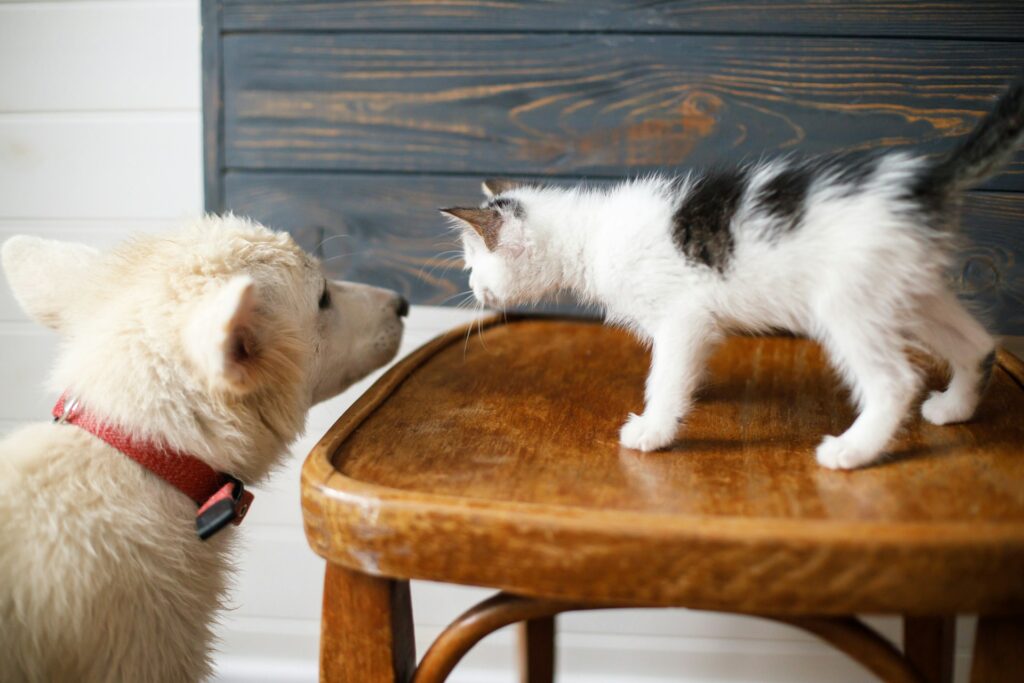
Cats don’t settle for just any spot. They seek out the warmest, softest, most peaceful places in the house, often the ones you were planning to use. A sunbeam on the carpet, your freshly folded jumper, the centre of your bed: all prime real estate to a cat. They have an uncanny ability to find the most luxurious places to nap. Dogs will happily flop on the floor or a random patch of grass. Cats? They turn lounging into an Olympic event.
They’re quietly judgy.
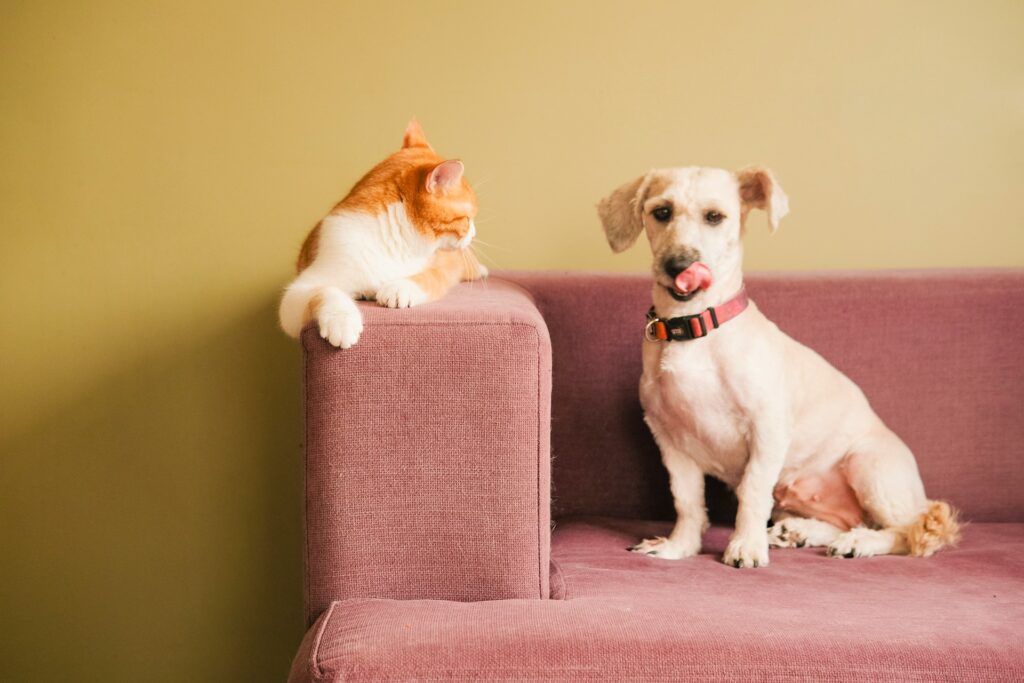
A cat can convey disapproval with nothing more than a slow blink or a single raised eyebrow. Trip over your own feet? Drop food on the floor? Attempt a yoga pose? They watch in silent judgment, as though you’ve let the entire species down. It’s not mean-spirited; it’s just how they express their worldview. They don’t need to bark or growl. One long look is enough to make you rethink your entire approach to life.
They’re not people-pleasers.

Cats couldn’t care less if you think they’re clever, funny, or obedient. They don’t aim to impress. They exist on their own terms, and if you happen to be amused or charmed by their antics, that’s your bonus. Tricks, games, or over-the-top greetings are beneath them. They do what they do because they want to, not because they’re hoping for praise. Dogs crave approval. Cats assume they already have it.
They handle being alone like pros.
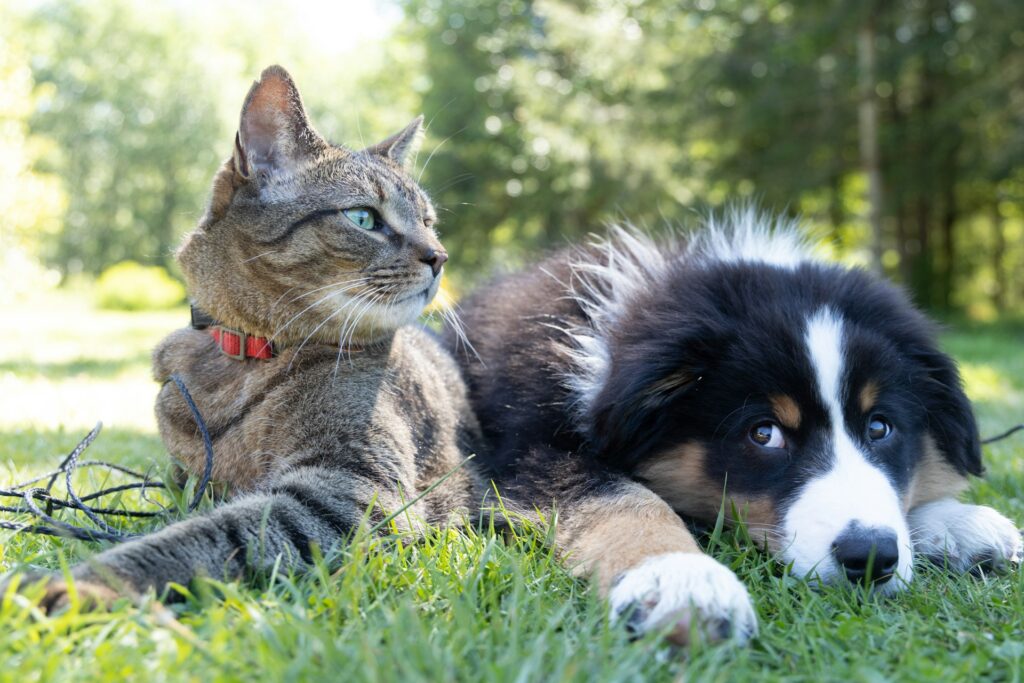
Cats thrive on alone time. They’re perfectly happy snoozing on a windowsill, watching birds, or exploring the house in silence. You can leave them for hours, and they’ll be fine, perhaps even better off. Dogs get anxious. They wait at the door. They chew things. Cats treat solitude like self-care. It’s not neglect; it’s peace.
They act like they own the place (because they think they do).
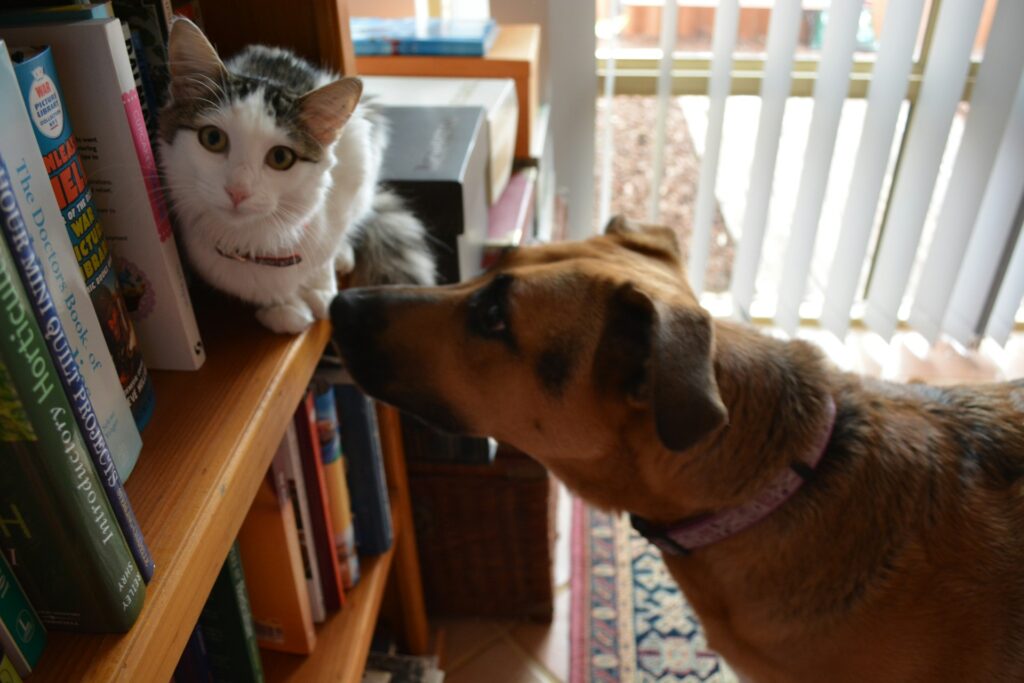
Cats don’t just live in your house. They rule it. They don’t ask permission to climb onto a surface, sprawl across your laptop, or nest in your clean laundry. Every inch of space is theirs unless you fight to reclaim it. They enter rooms like landlords inspecting their property, and they sleep in the exact middle of your bed because they know they can. Dogs aim to please their owners. Cats assume ownership from day one.
Cats might not bark at the door or come running when you call, but in their minds, they don’t need to.
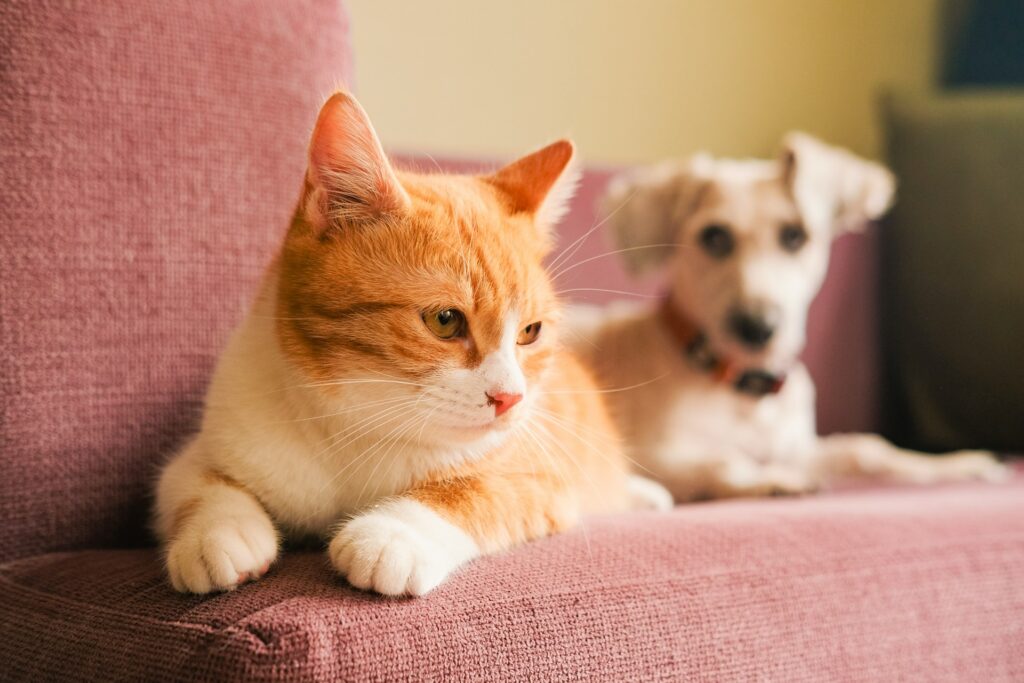
They know they’re in charge, and they’re not shy about it. Their quiet confidence, measured affection, and absolute dedication to their own comfort make them seem like they’re operating on a completely different level. Whether you’re a dog person, a cat person, or somewhere in between, you have to admire the unapologetic energy of a creature that believes, deep down, it’s better than you, and occasionally proves it.